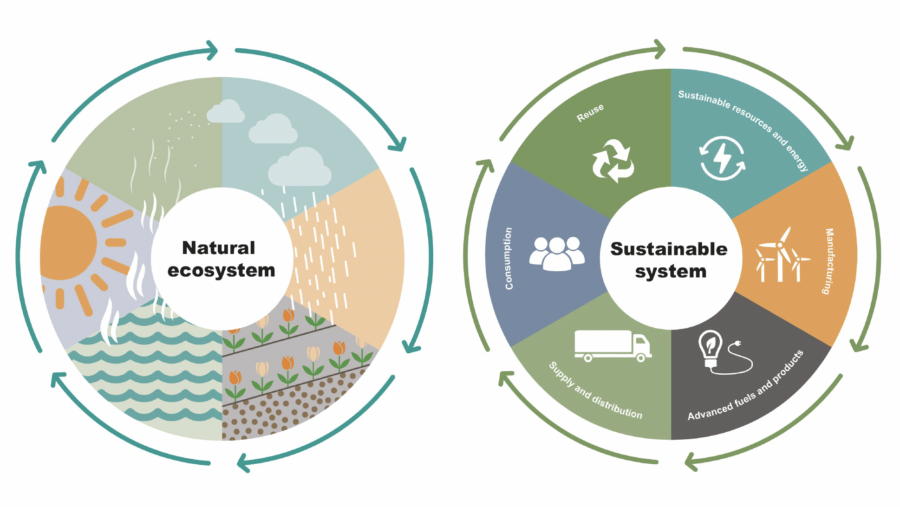RSB publishes White Paper on implementing public policies to shape the aviation industry


RSB is excited to share a newly published White Paper on implementing successful public policies to shape the sustainable future of the aviation industry – an outcome of the RSB SAF Policy Platform, a place for RSB’s members from industry and civil society to work together, discuss and provide recommendations on how to implement and ensure sustainable practices within the growing coverage of legislation to regulate sustainable aviation fuel (SAF) production and use.
For an excerpt from the White Paper, please read below:
“With a global population heading for 8 billion people, we require an economic system with high efficiency in its use of natural resources, which upholds the conservation of the processes involved in the production of these resources. Now is the time to commit to a new path towards sustainability that involves instilling, promoting and investing in a bio-based and circular economy.
In this context, the aviation industry can play a leading role, especially in tackling the threat of climate change. By 2050, the aviation sector has pledged to lower its net CO₂ emissions by half – a total 325 million tons of CO₂. Switching from fossil fuels to sustainable aviation fuels (SAF) is considered one of the most efficient way to achieve the decarbonisation target within the required timeframe. SAF production must be rapidly scaled-up to achieve the volumes and pricing needed to be competitive. As with other renewable fuels, such as ethanol and biodiesel, this rapid scaling is doable, but a nurturing policy environment is key.
The early days of the bioeconomy showed that, without an embedded model of sustainability, there is a risk of increased greenhouse gases (GHG) emissions, deforestation and infractions on human and labour rights, which could lead to decreased support from policy makers and civil society. Ensuring that a renewed commitment to the bio-based and circular economy avoids these negative consequences, and amplifies positive impacts, requires the identification of key sustainability issues, opportunities and the development of a robust approach to sustainability.
Therefore, in order to accelerate the development of the SAF industry and create positive impacts on its social and environmental dimensions, it is critical to understand the main sustainability issues around SAF production and use, and to develop effective mitigations measures.”
The White Paper describes the main sustainability issues for the SAF sector, as well as how the Roundtable on Sustainable Biomaterials (RSB) Principles & Criteria (P&C) relate to each sustainability issue. This is essential reading for industry leaders seeking to implement successful public policies to shape the sustainable future of the aviation industry.
Authors: Carolina Grassi, with Arianna Baldo, Cris Robertson, Elena Schmidt and Hannah Walker.
Figures and layout: Design for Development Studios.
Citation: Implementing successful public policies to shape the sustainable future of the aviation industry – RSB White Paper (2022). Roundtable on Sustainable Biomaterials, Switzerland.
Click here to read the White Paper.
